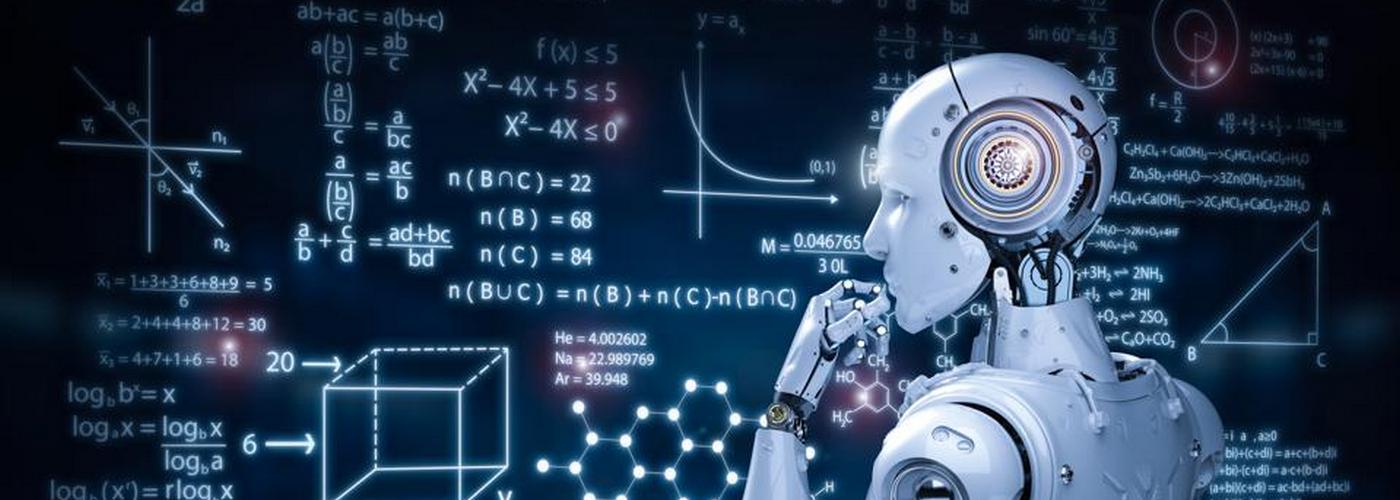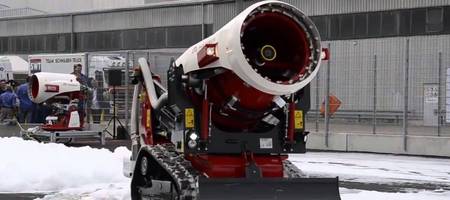Sourced from The Hack Posts 2 years ago
An interdisciplinary team of Cornell and Harvard University researchers developed a machine learning tool to parse quantum matter and make crucial distinctions in the data, an approach that will help scientists unravel the most confounding phenomena in the subatomic realm.
The Cornell-led project's paper, ‘Correlator Convolutional Neural Networks as an Interpretable Architecture for Image-like Quantum Matter Data,’ published June 23 in Nature Communications. The lead author is doctoral student Cole Miles.
The Cornell team was led by Eun-Ah Kim, professor of physics in the College of Arts and Sciences, who partnered with Kilian Weinberger, associate professor of computing and information science in the Cornell Ann S. Bowers College of Computing and Information Science and director of the TRIPODS Center for Data Science for Improved Decision Making.
 COREN
COREN


6 Comments
-

-
The quantum data generated by NISQ processors are noisy and typically entangled just before the measurement occurs
-
Lydia Zainab Ibrahim
-
2 years ago
Load more comments...